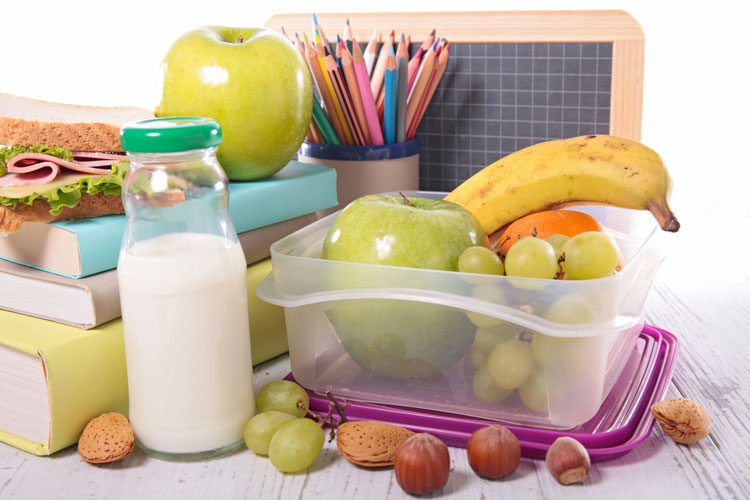
Children go to school to learn, grow their minds, and develop important life skills. For millions of American children, school also is a place for nourishment and an opportunity to receive vital nutrition, including access to milk, that they might not get anywhere else.
The National School Lunch Program operates in approximately 100,000 schools across the United States, serving roughly 30 million students each day; of those students, 74% receive lunch at no cost or at a reduced price because of their household income. Through this important program, the nutritional and developmental benefits of dairy are available to all children, regardless of family financial situation.
While consuming nutritious food is important at all stages of life, it is especially important for children and adolescents.
In addition to the well-known association with building strong bones, milk and dairy foods deliver a unique package of nutrients that support optimal growth and development and reduce risk of chronic diseases such as Type 2 diabetes and heart disease. Dairy foods are the leading food source for three of the four nutrients — calcium, vitamin D, and potassium — of public health concern in the diets of American children. Offering milk through school meal programs and encouraging milk consumption helps bridge nutrient gaps that exist in the diets of U.S. students.
In addition to nutritional benefits, dairy foods also properly fuel bodies and minds for learning. Research shows consuming nutrient-dense foods — like dairy, vegetables, and fruit that are made readily available in school meal programs — is associated with improved grades, test scores, and school attendance.
Because of these numerous benefits, limiting student access to milk in schools or replacing milk with less nutritious beverage options may unintentionally limit access to critical nutrients that support optimal growth and academic success.
Whether or not we are parents, grandparents, or caregivers of school-age children, each and every one of us in the dairy community can play a role in improving the health of children by empowering stakeholders with information and supporting guidelines and programs like school meals that elevate health and improve access to nutritious foods.








